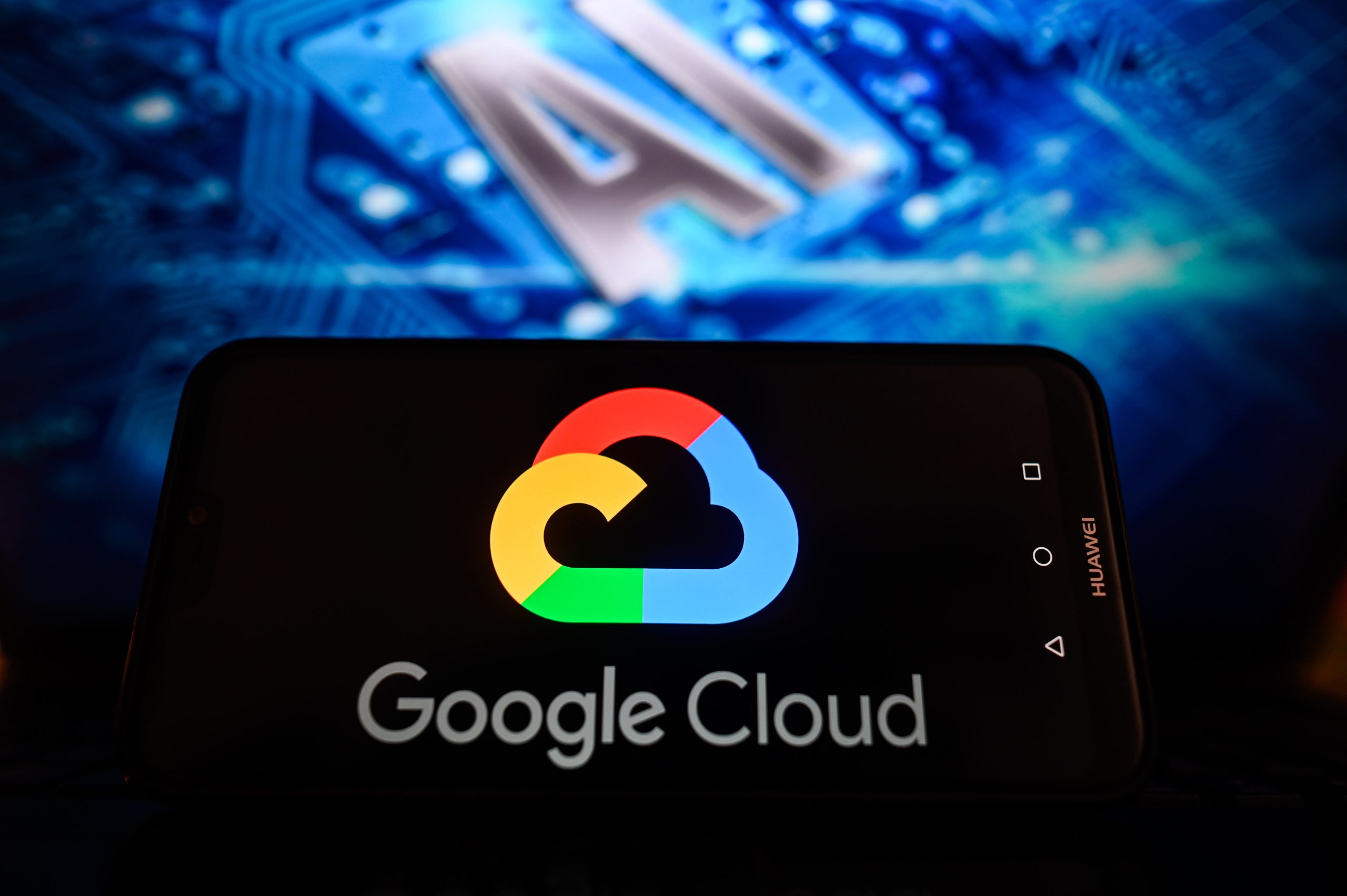
In a surprising move, Google has released a wave of open-source tools aimed at supporting developers working on generative AI projects. This shift towards open-source stands in contrast to Google’s usual focus on closed-source products and services at its Cloud Next developer conference.
A Focus on Generative AI
The open-source offerings include:
- MaxDiffusion: A collection of reference code for running various diffusion models, like the popular Stable Diffusion, on hardware that benefits from XLA (Accelerated Linear Algebra). This can significantly speed up tasks like fine-tuning and using these models.
- JetStream: A new engine designed specifically to run large language models, currently focused on text generation. Google claims JetStream offers up to 3x better “performance per dollar” for models like their own Gemma 7B and Meta’s Llama 2. However, the exact details behind this performance improvement remain unclear.
- MaxText Upgrades: Google’s existing suite of text-generating AI models for cloud TPUs and GPUs gains new additions. This includes models from OpenAI (GPT-3), Meta (Llama 2), and the startup Mistral. All these models can be customized and fine-tuned for specific needs.
- Optimum TPU (in collaboration with Hugging Face): This offers tools to get generative AI models, particularly text-based ones, running on TPU hardware. However, it’s currently limited to running just Google’s Gemma 7B model and doesn’t yet support training models on TPUs.
Why Open Source Now?
Google’s motivations for this open-source push are likely two-fold:
- Developer Goodwill: By providing these tools freely, Google hopes to cultivate a more positive relationship with the developer community.
- Ecosystem Growth: An open-source approach can foster faster innovation and a wider range of contributions within the generative AI field, ultimately benefiting Google’s own ecosystem.
Looking Ahead
While some details remain unclear, Google’s open-source contributions represent a significant step forward for generative AI development. Developers now have more powerful tools and resources at their disposal, paving the way for exciting advancements in this rapidly evolving field. It will be interesting to see how these tools are adopted and how Google refines its offerings based on developer feedback.
For more insights and updates, visit our KI Design blog here.
Stay connected with us on Twitter for the latest news and discussions.





